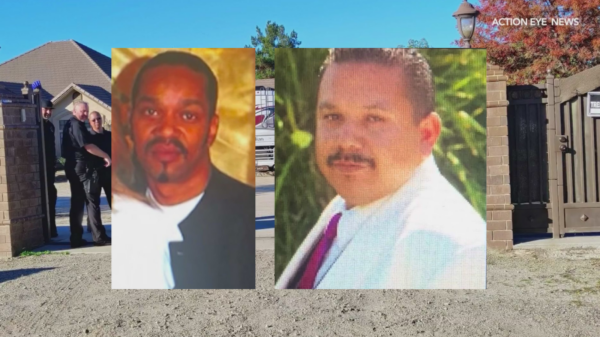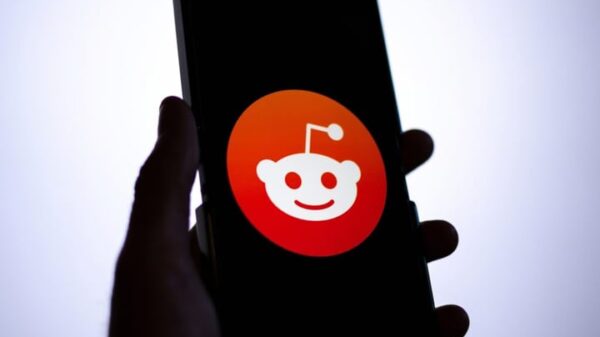URGENT UPDATE: The Roosevelt Hotel in Manhattan has officially closed its doors as of July 2024, marking the end of a controversial chapter in the city’s handling of the migrant crisis. This once-glamorous hotel, which served as a shelter for over 155,000 migrants since May 2023, is now at the center of heated debates about immigration, crime, and public policy.
On its final day, the hotel buzzed with a mix of press and municipal employees, all waiting for New York City Mayor Eric Adams, who arrived late to deliver a farewell speech. Adams had announced the closure back in February, citing dwindling numbers of migrants as a reason for shuttering the facility. The hotel, which had housed families and asylum seekers, was emptied out, leaving only a few staff and press members behind.
As the last residents departed, families juggled their belongings—suitcases, strollers, and documents—amid the sweltering heat in a facility lacking air conditioning. One woman, seeking asylum, was turned away as the hotel officially closed its intake operations.
Adams characterized the closure as a success, stating, “Present day may not be kind, but history will be kind.” He highlighted that the city has closed 62 other locations and noted that migrant arrivals had dropped to just 100 per week. However, critics argue that the conditions faced by migrants during their stay at the Roosevelt have been ignored.
The Roosevelt Hotel was often referred to as “Little Ellis Island,” a lifeline for many fleeing violence and persecution. However, conservative media painted it as a den of crime, alleging connections to gangs and highlighting incidents that occurred among residents. This narrative fueled political debates, with Texas Gov. Greg Abbott busing migrants to sanctuary cities, including New York, as part of a broader political strategy.
In its two years of operation, the hotel became a focal point for discussions on immigration policy. Adams faced criticism for his alignment with the Trump administration, particularly in negotiations that led to the closure of the hotel while federal corruption charges against him were dropped. Critics contend that the closure was less about public safety and more about political maneuvering.
As the hotel shuts down, plans are already in motion for the site’s redevelopment. The government of Pakistan, which owns the hotel, is expected to seek a valuation of at least $1 billion. The site could soon feature luxury office spaces in one of the city’s most valuable commercial corridors.
While the Roosevelt Hotel’s closure marks an end, it raises questions about the future of migrant support in New York City. With the Biden administration’s recent executive orders limiting asylum access, advocates warn that the challenges faced by migrants are far from over.
What remains now is a legacy steeped in controversy, with memories of the countless individuals who sought refuge within its walls, juxtaposed against the backdrop of political expediency and media sensationalism. As the city prepares for the next chapter, the fate of the Roosevelt site serves as a stark reminder of the complexities surrounding immigration in America today.
Stay tuned for further developments as this story continues to unfold.








































































